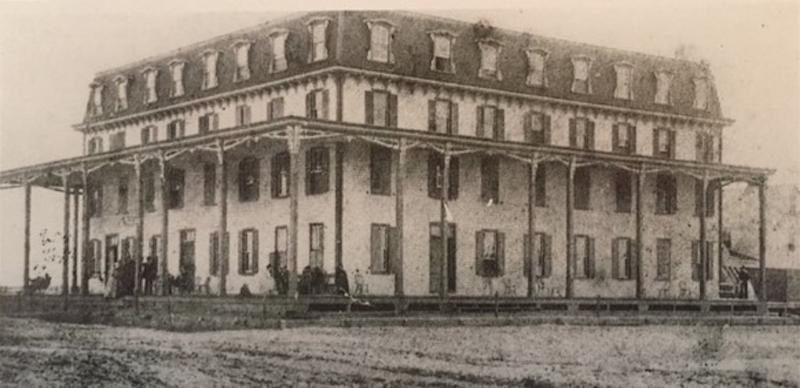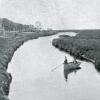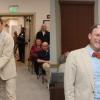Rehoboth’s Bright House Hotel in the late 19th century
Cape Gazette reporter Chris Flood wrote an article in the Friday, June 17 edition about Rehoboth historian Paul Lovett’s lecture about the earliest days of Rehoboth Beach. Lovett spoke about the Boardwalk barons, the Mid-Atlantic region’s wealthiest residents who transitioned the town from a Methodist camp into a summer resort destination. Among those mentioned during the lecture was William Bright. Bright, who made his money in Wilmington real estate, opened the Bright House Hotel where Funland is today. At the time, the hotel was considered edgy because there was nightly dancing, an orchestra and billiards. Multiple columns in the local newspaper were critical of what Bright was doing at the hotel.
In an article that appeared in the Philadelphia Times Aug. 10, 1878, locals attempted to stop dancing at the hotel. “Action has begun by one of the stockholders of the Rehoboth Beach Association to restrain the lessor and lessee of the Bright House, at Rehoboth, from allowing dancing at that hotel ... The fact of dancing being permitted there has long been a subject of grievance to the stricter members of the association, which is a Methodist organization.”
According to reports, the Bright House Hotel was destroyed by a fire Dec. 5, 1893. The Wilmington Evening Journal wrote, “The large frame building made a great blaze and it was plainly seen for miles around. The fire was discovered early and, as a stiff breeze was blowing at the time, the large hotel was in ruins in a short time.” The hotel was closed for the winter, so reportedly no one was injured in the fire. Bright had sold the hotel, valued at $15,000, to E. Graham of Dover in 1890.
Editor’s Note: The image has been updated to be the Bright House. The post’s original photo was the Douglas House, which was misidentified by the Delaware Public Archives.






















































